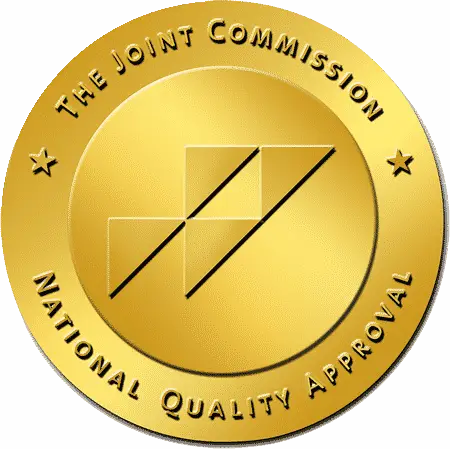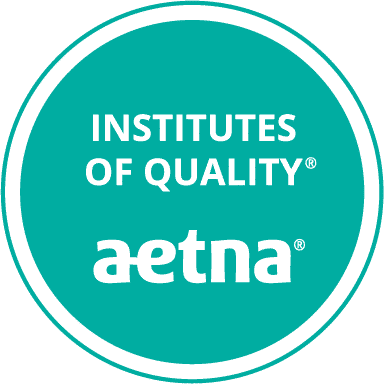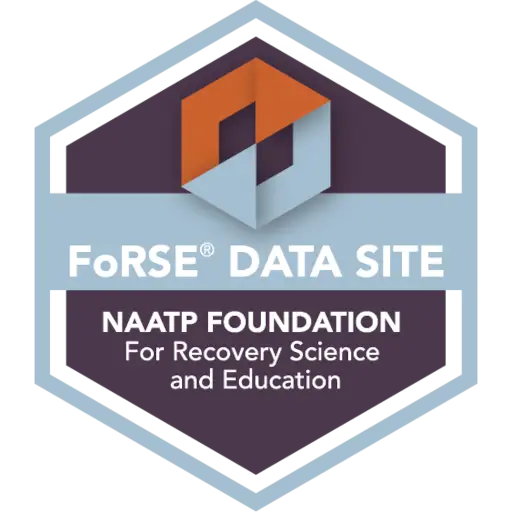What is Chemical Dependency?
Chemical dependency occurs when the human body physically and/or psychologically relies on a substance, such as drug use or drinking alcohol.
Any type of drug misuse can result in chemical dependency. Even drugs prescribed by a primary care physician–pain pills or anxiety pills, or other prescription medications–can result in chemical dependency or substance abuse.
Once believed to be character defects or moral weaknesses, most scientists and medical professionals consider dependence on substances to be a long-term illness, like asthma, hypertension, or diabetes.
Alcohol and Drug Abuse are Most Common
Alcohol addiction and drug addiction are the most common forms of chemical dependency.
Alcohol abuse is a major problem in the United States. In 2019, 14.5 million people ages 12 and older had an alcohol use disorder. This included 9 million men and 5.5 million women.
The nation is still dealing with the effects of abuse of medication with opiates. Almost 50,000 people died from opioid-related overdoses in 2019.
Dependency on substances is a health crisis that leaves many in the U.S. looking for programs to help them quit and begin the road to recovery and a new life.
Chemical Dependency Treatment Options
Many different types of licensed professionals provide care for substance use disorders. In most treatment programs, the main caregivers are specially trained health providers, certified or licensed as substance abuse therapy clinicians.
Many of these counselors are people who are in recovery themselves. Others have entered the profession as the result of friends and loved ones suffering from the disease.
Seek Medical Advice Regarding Treatment
Sudden cessation of use of drugs or alcohol can be harmful. It is best to seek the advice of a medical professional for help with a chemical dependency, either drug abuse or alcohol abuse.
A doctor can perform a physical examination, study a person’s behavior, review their health history, and determine which therapy process will work best.
Coming Down Can Be Hard
Ending substance addiction of any form should be done carefully. There are risks from the start in the treatment process.
Detoxification is best done under close medical direction in case the patient suffers adverse reactions after quitting substance use.
Sometimes, such as with opiate abuse, a medication may be administered to patients to prevent painful withdrawal symptoms.
Chemical Dependency Treatment Centers
A chemical dependency treatment facility offers care for persons with substance abuse issues. Texas law requires facilities providing chemical dependency care in the state to be licensed by the Health and Human Services Commission.
Chemical dependence treatment centers offer a range of substance use therapies that encourage people to seek recovery alongside prevention, intervention, and care.
What Do They Provide Patients?
Programs offered by these facilities may include:
- Detoxification
- Intensive and supportive residential
- Outpatient programs
- Co-occurring psychiatric and substance use disorders services
- Specialized female programs
Family Programs Aid Recovery
Treatment centers may also provide programs for family members or other persons close to the patients. Family therapy often includes basic information about drug addiction and coping strategies so that parents, siblings and partners can better understand the disease.
They may also include exercises in which patients and family learn to communicate better. This improves support for life in recovery after therapy.
Substance Abuse Treatment at La Hacienda

Since 1972, La Hacienda Treatment Center has provided services for people seeking to overcome substance use disorders and lead a sober life.
All patients admitted to La Hacienda undergo an assessment process upon admission. This may include a request for information from their health providers. Medical and clinical staff identify a patient’s individual needs, then prepare a diagnosis and care plan unique to that patient.
If needed, the patient undergoes medically supervised detoxification in our modern Special Care Unit, where withdrawal symptoms are carefully monitored 24/7 by health professionals.
Professional Therapy for Substance Abuse
Patients receive both one-on-one and group counseling from professional counselors. They are introduced to the 12-step process and provided contact information for similar groups in their home area.
Patients also receive training in relapse prevention and may be involved in one of several support groups organized around professions, faith, age, or gender.
Family members and loved ones can participate in a week-long family program designed to improve their knowledge of substance use disorders as diseases and help them provide better support for their patient’s recovery.

We Can Help, Give Us a Call
If you or someone you know is looking for help with chemical dependency or addiction to substances, contact La Hacienda Treatment Center by phone at (800) 749-6160 and talk with one of our trained admission specialists.

What is Chemical Dependency?
Chemical dependency occurs when the body physically and/or psychologically relies on drug or alcohol usage. Any type of drug misuse can result in chemical dependency. Even drugs prescribed by a doctor, such as pain pills or anxiety pills, can result in chemical dependency or substance abuse.

Chemical Dependency Evaluation
A chemical dependency evaluation is usually the first step before starting treatment for substance abuse. It involves questions that may recognize, depending on the substance abused, whether a person suffers from a substance use disorder (addiction) and can be aided by clinical programs.

Chemical Dependency Counselor
A chemical dependency counselor is a qualified mental health professional who specializes in chemical dependence or addiction. They work with chemically dependent persons to address the reasons behind their substance abuse problem or addiction




